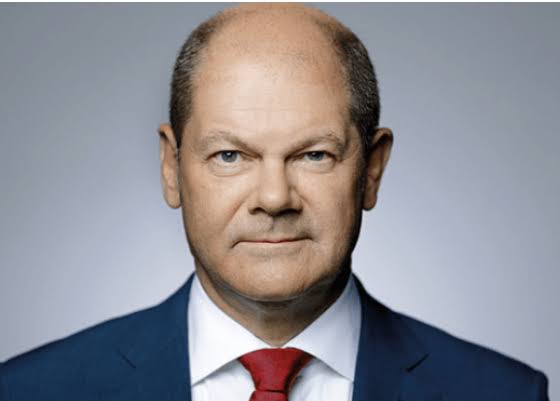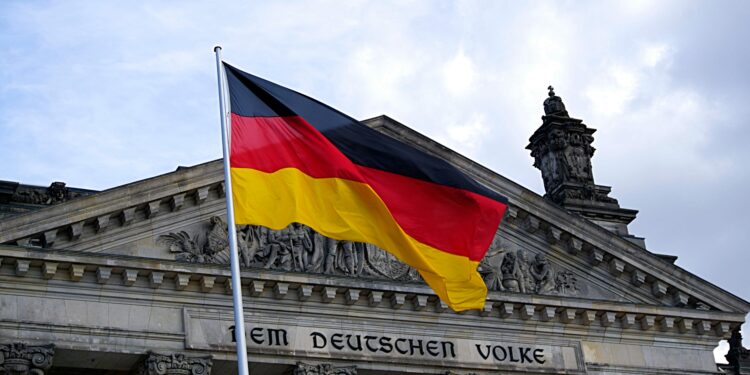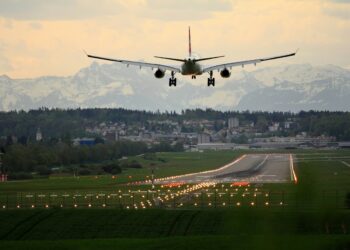German Chancellor Olaf Scholz has lost a vote of confidence in parliament, setting the stage for early elections on February 23. While the defeat reflects the challenges facing his government, it also opens the door for a fresh political start and a chance to tackle Germany’s pressing issues with renewed vigor.
The vote was not unexpected. Scholz himself called for it, calculating that an early election might be the best opportunity to reinvigorate his Social Democratic Party (SPD) and offer voters a clear choice on Germany’s future direction. “It is now up to the people to determine the political course of our country,” Scholz said, framing the upcoming election as a critical moment to chart a new path.
Why the Vote Matters
This vote comes two months after the collapse of Scholz’s three-party coalition, which left him leading a fragile minority government. Unable to pass new laws without the support of the opposition Christian Democratic Union (CDU), his administration was largely paralyzed.

With Germany grappling with a stalled economy and global crises, continuing without a strong mandate until the scheduled election in September 2025 risked undermining public confidence and delaying crucial reforms.
Despite lagging behind the CDU in opinion polls, Scholz is using this moment to advocate for transformative policies, including significant investments in defense and infrastructure. His main rival, CDU leader Friedrich Merz, has promised tax cuts and a focus on fiscal discipline, ensuring a robust debate over Germany’s future priorities during the campaign.
A Tested Democratic Mechanism
Though dramatic, the no-confidence vote is not a crisis but rather a constitutional tool designed to resolve political deadlock. Since World War II, German chancellors have used this mechanism five times to dissolve parliament and call early elections, most notably Gerhard Schröder, who relied on it twice. This system was deliberately designed to maintain stability, avoiding the chaotic politics of the Weimar Republic era.
Challenges and Opportunities Ahead
The collapse of Scholz’s coalition stemmed from deeper political divisions, particularly over fiscal policy. Disagreements between Scholz’s SPD and the liberal Free Democratic Party (FDP), led by Finance Minister Christian Lindner, reached a breaking point over proposals to loosen Germany’s strict debt rules to fund infrastructure projects and support for Ukraine. When Lindner blocked these measures, the coalition unraveled.
Yet the political fragmentation underlying this crisis is a more significant challenge. Germany’s parliament is increasingly diverse, with more parties represented than ever before. While this reflects a broader spectrum of political voices, it has also led to heightened polarization. The far-right Alternative for Germany (AfD), for example, has seen its popularity surge, polling at nearly 20%, compared to 10.4% in 2021.
A Path Forward
Despite these challenges, the upcoming election represents an opportunity for Germany to address its economic and political issues head-on. It offers a chance to restore stability, modernize the country’s infrastructure, and reaffirm its commitment to European leadership and global engagement. Scholz’s call for “massive investment” signals his intention to steer Germany toward a future-oriented path, while Merz’s fiscal proposals highlight the need for balanced governance.
The road ahead may be uncertain, but Germany’s robust democratic institutions and commitment to resolving differences through dialogue and elections provide reason for hope. As voters prepare to make their voices heard, this election could mark the beginning of a new chapter for Europe’s largest economy.

















